
 Instagram
Instagram
25 meilleurs aliments de la gueule de bois pour une récupération plus rapide

Related products
The morning battle is all too real and familiar to everyone who has ever had to deal with the unpleasant consequences of a night that was a bit more adventurous than intended. Indeed, hangovers can be unpleasant; headaches, nausea, and fatigue are just a few of the symptoms that no one enjoys during those awful midweek wake-ups or on Sunday mornings.
Experts disagree, despite the fact that many people shudder at the thought of eating after a night out! Medical professionals believe that there might be a diet that helps lessen this bothersome condition. Studies have long suggested a variety of culinary remedies to effectively alleviate hangover symptoms, so this scientifically validated idea is not new.
According to several studies, nutrients like fructose and potassium have shown promising results in reducing common symptoms like low blood sugar and dehydration, respectively. Eating healthy foods as soon as you wake up may therefore speed up your recovery and stop further pain.
As tempting as it is to curl up under a comforter during these exhausting hours, "there is indeed evidence suggesting some potential benefits in consuming specific kinds of foods following heavy alcohol consumption," according to Dr. Fiona Sim, Chairwoman of the British Royal Society for Public Health.
This article examines 25 highly recommended prep meals that are sure to help anyone with hangovers without significantly disrupting their diet plan. The recipes are adaptable and can be found in many different countries because overcoming the blues shouldn't come at the expense of flavour.
What Causes Hangovers?

After heavy drinking, a hangover is a collection of unpleasant sensations. Symptoms like headaches, fatigue, nausea, and dehydration are common and unpleasant reminders of the night's festivities.
As a diuretic, alcohol accelerates fluid loss and leads to acute dehydration, the primary cause of intense morning thirst and pounding headaches.
Moreover, the liver is too busy metabolising alcohol during an alcoholic frenzy to maintain normal blood glucose levels, which results in rapid drops in blood sugar. Occasionally, this could result in faintness or confusion.
In addition to depleting essential nutrients like vitamins B12 and folate, excessive drinking also causes dizziness and other adverse side effects.
Restoring these missing needs is essential for the next day's healing process—water is not enough. Because electrolytes are necessary for everything from maintaining appropriate pH levels in the body to managing nerve activity, it becomes even more crucial for people to refuel through food after excessive drinking.
Cucumber

Cucumbers' high water content (96%) makes them an excellent hydrating food choice for those who are trying to combat hangovers. Cucumber's significant nutritional profile—which includes high levels of potassium and vitamin K—only serves to increase its effectiveness.
Dehydration is one of the most common diseases associated with hangover symptoms. Consuming foods high in water helps the body replenish lost fluids more rapidly, so mitigating the symptoms of dehydration after heavy alcohol use.
Cucumbers not only satisfy this demand but also offer additional benefits because of their electrolyte-rich composition. As mentioned earlier, these vital nutrients are believed to be crucial for maintaining nerve function and maintaining the body's pH balance, both of which are significantly disrupted during hangovers.
Watermelon

The perfect hangover snack, watermelon is a tasty treat packed with nutritious elements. Packed with water and antioxidants, it helps the body recover from drinking.
Because it contains a lot of water (around 92%), it is an enjoyable way to replenish lost fluids after consuming large amounts of alcohol. Its high water content aids in the fight against dehydration, one of the main reasons why hangovers induce pounding headaches.
Meanwhile, this delicious fruit is rich in minerals with potent antioxidant qualities, such as vitamin C, lycopene, and beta-carotene. These essential nutrients promote a quick recovery by scavenging harmful chemicals called free radicals, which are created during heavy drinking episodes.
Along with these benefits, red-fleshed melon's high citrulline amino acid aids in the liver's elimination of ammonia, a toxic byproduct of excessive alcohol breakdown, which helps to reduce physical discomfort earlier than expected.
Coconut Water

Drinking enough of water is crucial for speeding up hangover recovery. Even while water is still essential, including hydrating foods in one's diet provides essential electrolytes that depleted bodies crave after consuming alcohol.
One such food source that is high in fluids is coconut water. In addition to being well-known worldwide for its capacity to slake thirst, it is naturally abundant in vital electrolytes such as potassium, sodium, and magnesium, the balance of which gets thrown off after prolonged periods of frequent drinking and results in symptoms like headaches or muscle cramps.
In addition to its benefits for hydration, its strong antioxidant content helps shield human body cells from the oxidative damage that alcohol produces. It is also a fantastic choice for people who are health-conscious due to its low calorie content.
Oranges

A hangover indicates that a person's bodily fluids are significantly depleted. One of the greatest ways to begin the healing process is to focus on staying hydrated, and there's no better way to do so than by indulging in some fresh oranges.
Oranges are an excellent source of immediate replenishment due to their extraordinarily high water content (about 87% per serving, according to USDA Food Composition Databases).
Vitamin C is a potent antioxidant that aids in the body's rapid repair of these damaging molecules and enhances general health following a night in which the recommended drinking limit was marginally exceeded.
Since oranges not only restore much-needed fluids but also inject vital nutrients found in juicy pulps, they are the greatest choice for efficiently curing sore hangovers and encouraging a brighter start rather than dreary, drowsy mornings.
Pineapple

Pineapples are more than just a delicious delicacy; they are a tropical joy to the tongue. Because of its remarkable qualities, it contributes to hangover recovery in a very effective way.
Savvy party-goers have long been utilising this fruit as their secret weapon against crippling morning-after symptoms. Bromelain, an enzyme with anti-inflammatory properties, is abundant in pineapples and helps reduce inflammation in the body that results from high alcohol consumption.
Interestingly, pineapples contain 90% water, which makes them extremely hydrating and excellent for restoring fluids that the body tends to lose due to the diuretic effects of alcohol. The presence of natural electrolytes promotes hydration balance and facilitates a more seamless digestive process.
Finally, pineapple's sweet tanginess not only gives you rapid satisfaction but also quickly relieves the nausea that comes with nursing hangovers.
Bananas

Bananas are the ultimate healthy snack when it comes to battling hangovers. They are rich in potassium, an essential mineral that keeps our systems' electrolyte balance in check.
It's important to understand what happens to the body after a night of binge drinking. Alcohol acts as a diuretic, causing frequent urination episodes that dehydrate the body and deplete it of vital nutrients like potassium.
One medium-sized banana has about 422 mg of potassium, which is 9% of your body's daily requirement! The miracle occurs when this powerful fruit helps the kidneys avoid the damaging drying effects of alcohol while restoring crucial vitamins and minerals as well as necessary fluids to the bloodstream.
Consuming even one banana as soon as you wake up aids in replenishing your stockpiles, which expedites the healing process after periods of overindulgence and guarantees that you'll be able to tackle the day with maximum energy—without the annoying headache or nausea that stays around.
Avocado

First thing in the morning, eat an avocado. That's right! Avocado toast might be more than just a fashionable brunch option. A nutrient-dense powerhouse, this creamy fruit is loaded with potassium and healthy fats.
One medium avocado has roughly 576 mg of potassium, which is almost twice as much as bananas and is necessary for preserving electrolyte balance in our bodies following an alcohol excess.
Furthermore, monounsaturated fats, a good kind of fat that promotes liver function, are abundant in avocados. Restoring normal liver function is essential to ensuring the best recovery period during hangover hours, as alcohol predominantly impacts liver function.
Say goodbye to headaches and nausea the next time a party lasts longer than anticipated and welcome to delectable sliced or mashed goodness on whole grain bread. This will not only speed up your recuperation but also set the stage for healthier eating habits.
Spinach

Spinach is the best food for recovering from hangovers. In addition to possessing high levels of magnesium, an essential mineral that supports nerve and muscle activity, spinach remains incredibly nutrient-dense. It has high levels of vitamins A, C, B6, and folate, as well as a lot of fibre and healing minerals like iron and calcium, which aid with hangover recovery.
After heavy alcohol consumption episodes, eating raw or mildly cooked spinach may help people better manage their electrolyte imbalances. This will help them make it through the next day much more easily and recover from the ensuing fatigue, numbness, and other disorders related to human pH imbalances more quickly.
Pickle Juice

Introducing Pickle Juice, an unexpected yet helpful ally in the battle against hangovers. Sodium is one of the vital electrolytes lost as a result of heavy alcohol use.
Our bodies require sodium as a necessary component. It facilitates a variety of processes, including nerve signal transmission, maintaining water balance, and synchronising heartbeats and muscle contractions. Dehydration after a heavy drinking session, however, can drop sodium levels, which can cause uncomfortable muscle cramps or, worse, lightheadedness.
Pickle juice is a naturally occurring isotonic beverage that is especially high in sodium chloride, or salt, making it the perfect way to recharge during these demanding hours when every second counts for general health.
Drinking this sour beverage helps the body swiftly replenish lost sodium levels and other nutritious ingredients like vinegar's antioxidants, which invigorate the body from the inside out. It may seem hard to add flavour without losing health.
Dr. Fiona Sim, head of the British Royal Society for Public Health, stated that although pickle juice may seem like an odd choice, research indicates that its high electrolyte content, particularly salt, speeds up the hydration process following excessive alcohol consumption.
Tomato Juice

The selection of an electrolyte-rich diet is one of the many recommended hangover remedies. One great option at the top of that list is tomato juice.
Tomato juice is rich in essential elements like potassium and salt, which are well known for their critical roles in restoring balance to the body's depleted electrolytes after a night of drinking. Facilitating nerve transmissions and muscle contractions is one of their many vital functions, which gives patients a sense of stability during their recovery.
Furthermore, tomato juice has strong antioxidants like lycopene, which aids in the detoxification process and offers other health benefits like preventing sun damage to the skin and enhancing heart health.
Eggs

Groggy mornings after a decadent night frequently become arduous daylong marathons. Fighting fatigue comes first; thankfully, some foods prove to be powerful allies in the fight against low vitality.
Eggs, for example, are a breakfast staple that offer more than just saying hunger because they are a great source of essential nutrients. Unexpected as it may seem, they could lessen hangover symptoms.
Eggs are rich in cysteine, an amino acid that is commended for its ability to degrade poisons. After episodes of excessive alcohol consumption, people experience uneasiness due to acetaldehyde, a poisonous chemical that is left over from the metabolism of alcohol and produces headaches.
This is where cysteine is useful. It helps break down residual alcohol-converted toxins, which speeds up the healing process and makes you feel energetic again after a long night of partying.
Oatmeal

Energy-boosting meals become crucial in battling weariness as a hangover wears you down. Muesli is a key component in this regard. It's more than just your typical breakfast; it has special qualities that make it a great way to lessen hangovers.
The healthy benefits of slow-releasing carbohydrates, sometimes referred to as complex carbohydrates, are abundant in muesli. These aren't your typical carbohydrates; they enter your bloodstream gradually and keep your blood sugar levels stable for hours, preventing any unexpected spikes in blood sugar after meals.
Introducing muesli, which is nutrient-rich and powerful, makes a noticeable difference in a state caused by alcohol where blood sugar levels tend to drop sharply. Maintaining stable blood sugar levels helps people feel better and alleviates undesirable symptoms like fatigue or imbalance that are often associated with hangovers.
Honey

Lethargy is a genuine risk after a night of overindulgence, but there is an energy booster available. Honey is the ideal pick-me-up when you're exhausted and want to get back to work quickly after a long night of drinking.
Honey contains natural carbohydrates like fructose and glucose that are readily absorbed by the bloodstream and provide you a quick energy boost. Additionally, it aids in the restoration of blood sugar levels that have been disturbed by the alcohol's metabolism from earlier evening activities.
Furthermore, honey includes essential electrolytes like potassium that help the body regain homeostasis and encourage adequate hydration, both of which are critical during the hangover recovery phases.
Sweet Potatoes

One of the most unpleasant effects of hangovers is often fatigue. One food that stands out for having a potent anti-lethargy impact is sweet potatoes.
One excellent source of nutrients that boost energy levels is sweet potatoes. Complex carbs, which are abundant in them, deliver slow-release energy, preventing any unwelcome, abrupt exhaustion during recovery periods and maintaining consistent blood sugar levels.
In addition to being rich in vital vitamins, they also supply fuel in the form of carbohydrates! A high concentration of beta-carotene, a plant pigment that human bodies employ to produce vitamin A, a powerful antioxidant that shields cells from alcohol-induced damage, is indicated by the bright orange flesh beneath their skin.
The nutritional profile doesn't end there. The abundance of B-vitamins, including thiamine (B1), pyridoxine (B6), and folate, which are necessary for the body to produce ATP, allows people to recover from sluggish mornings relatively fast.
Whole Grain Toast
Whole grain bread is an underappreciated champion when it comes to getting over hangovers. Extremely exhausted people usually look for products that provide them a quick energy boost. That naive bit of whole-grain bread is taking over like a knight in armour made of fibre.
After binge drinking sessions, body glucose levels drop precipitously due to alcohol-induced liver overload, which directly adds to the morning tiredness. Whole grain bread ranks highly among foods that are skilled at quickly restoring proper blood sugar balances because it contains complex carbohydrates that deliver energy gradually rather than causing sudden spikes followed by drops.
Moreover, gastrointestinal problems are frequently associated with overindulgence adventures! Thankfully, the versatile kitchen staple "whole wheat loaf" has returned, significantly lowering the stomach issues that are commonly associated with nights out.
Ginger

Although fighting off the attack of hangover-induced nausea is not simple, Ginger, a natural superhero that has been around for ages, can assist. This root is widely recognised for its strong anti-nausea properties and has a strong reputation in traditional medicine.
Whether ginger is chewed raw, steeped in perfumed tea, or eaten as delectable sweets, it includes bioactive compounds like gingerols and shogaols that significantly affect our digestive systems. Notably, by blocking signals that induce discomfort from reaching the brain, these substances alleviate the uncomfortable stomach churns associated with hangovers.
Adding ginger to your healing routine after the morning-after blues is a terrific idea, particularly if you're experiencing signs of an upset stomach. Ginger consumption was associated with a decreased risk of postoperative nausea and vomiting, according to a study published in the NIH.
Plain Rice
A common remedy for upset stomachs as nausea begins to set in is plain rice. This simple meal is an excellent choice when hangover-induced nausea is about to take over because it is easy on the stomach and moderate.
Rice, a type of complex carbohydrate, helps to maintain stable blood sugar levels without putting undue strain on your digestive system, which is important because excessive alcohol consumption sometimes results in blood sugar levels dropping precipitously.
Additionally, doctors say that starchy foods like rice can help restore lost nutrients and speed up the body's metabolism of any residual alcohol, which can help alleviate the symptoms of a persistent hangover.
Crackers
Crackers are the ideal comfort food to reach for after a night of overindulging if you are feeling nauseous. Because crackers are light, bland, and easy on the stomach, they offer the ideal respite from the raging waves of hangover-induced nausea.
The simple carbohydrates in them provide you with quick energy and immediately offset the lightheadedness or dizziness that often accompanies such drops in blood sugar by elevating blood sugar levels that fall as a result of drinking alcohol.
Another benefit is their simplicity—they don't include any strong flavours or potent ingredients that can make sickness worse. Their ability to calm upset tummies has made them a classic "sick day" lunch for decades.
Studies have shown that eating bland foods promotes the best possible recovery by regulating the digestive process following a drinking excess.
Chicken Soup

When nausea recurs the next day, chicken soup seems to join the fray as a comforting and effective remedy. This simple dish, which is known for its healing properties in many cultures, does more for our bodies than just keep us warm.
Staying hydrated is crucial when recovering from a hangover, and chicken soup is a great way to do that. Its high water content aids in preventing the dehydration that often follows periods of heavy drinking. Dry mouth and throbbing headaches are frequently caused by dehydration.
It is an electrolyte champion in addition to being a fluid hero! Due to its high sodium content, which is essential for maintaining the body's fluid equilibrium, eating it helps replenish salt stores that are depleted after drinking alcohol, which speeds up the stabilisation of physiological processes.
Last but not least, nutrient-dense liquid meals are excellent for treating nausea attacks following long nights spent hiding behind bar counters, even though they have numerous benefits, such as being digested with much less strain on the stomach.
Herbal Teas (like peppermint or chamomile)

It's crucial to select calming and comfortable foods because hangovers are often accompanied by stomach discomfort. One such remedy is herbal tea, particularly chamomile or peppermint variants.
For ages, chamomile has been used in traditional medicine circles throughout continents for its mild sedative properties. It helps calm upset stomachs and promote better sleep, both of which are necessary for a quick recovery from nights of heavy alcohol use.
This also applies to peppermint tea. By relaxing gastrointestinal tissues, it calms upset stomachs, promoting easier digestion and reducing inflammation caused by excessive alcohol use.
It's no surprise that medical professionals view chamomile and peppermint as superpowers for treating the morning after effects of binge drinking.
Salmon
One of the greatest foods for encouraging a speedy recovery following nights of excessive drinking is salmon, a nutrient-dense powerhouse. It is no surprise that health experts around the world often give this staple fish excellent grades because it is delicious and nutrient-dense.
First and foremost, these heart-healthy compounds, which are high in Omega-3 fatty acids, have many benefits, including potent anti-inflammatory properties that are particularly helpful during hangovers, as excessive drinking tends to raise inflammation levels in the body, which makes discomfort spread quickly.
Salmon is rich in high-quality protein and helps control blood sugar, which is important for overcoming fatigue or dizziness that typically occurs after a night of excessive drinking.
Don't forget to add vitamins B12 and D along with selenium. These micronutrients assist combat fatigue symptoms by enhancing immune function and stimulating energy-yielding metabolism, respectively.
Yogurt

Eating foods high in nutrients becomes essential when recovering from a hangover. Yoghurt stands out among the other choices as the greatest choice for replenishing and resupplying our bodies with important vitamins and minerals.
The probiotic properties of yoghourt's live cultures help restore gut health by re-establishing intestinal flora, which alcohol significantly disrupts. These helpful bacteria are essential after alcohol use because it is commonly recognised that poor digestive efficiency after a big drinking session often exacerbates weariness along with other symptoms. They also support immune function and aid in digestion.
Rich in B-vitamins, including cobalamin (B12) and riboflavin (B2), yoghurt aids in slowing down cellular functions that have been slowed down by extended cocktail hours. It also has a significant impact on converting food into energy, which promotes a quick recovery.
Almonds

The body craves nutritious meals to restore its lost energy after drinking. Almonds, with their great nutritional value, offer a surprisingly effective hangover cure.
Magnesium, which is essential for converting food into energy and has been linked to lowering headaches and muscle stiffness that commonly follow heavy alcohol consumption, is abundant in almonds, making them a potent snack.
Because they contain the healthy fats required to balance blood sugar levels following alcohol use, these crunchy beauties are also a terrific way to fight off the dizziness or sluggishness that occasionally accompany hangover mornings.
Kiwi

The ideal hangover recovery meal should stabilise blood sugar levels and replenish lost nutrients. Foods like kiwis are crucial for properly combating the post-alcoholic depression.
Often called a "superfruit," the kiwi is noteworthy for its potential benefits during these trying times. It has a fantastic nutritional profile; studies have shown that its high vitamin C content and potent antioxidants can aid in the body's recovery from excessive alcohol consumption.
According to the New Zealand Institute of Food & Health Research, a single kiwi can easily supply more than 150% of the daily required consumption of vitamin C, a vital component that is highly appreciated for maintaining the immune system (conveniently protecting from famed post-drinking flu-like symptoms).
The natural antioxidants in this vibrant edible actively combat the harmful free radicals produced by the strong metabolization of alcohol. This encourages a speedier recovery and helps with general detoxification.
Blueberries

Known as the "king of antioxidant foods," blueberries are a great source of this important compound. This small fruit's potent nutritional profile aids in preventing oxidative stress caused by alcohol.
Drinking too much alcohol accelerates the production of free radicals, which are harmful substances that damage cells and lead to a variety of health issues. These little blue savers are useful in this situation.
After binge drinking, blueberries, which are high in antioxidants, particularly flavonoids like anthocyanins, which are recognised for their strong antioxidative properties, are ready to combat the harm that free radicals do to the body's systems.
Vitamin C, a potent water-soluble nutrient that promotes healthy immune function and acts as an extra line of defence against oxidative stress, has also been shown to rise in the body when consumed.
Unknown potential benefits: studies have found a connection between regular ingestion and a reduction in liver disease risk factors. Considering the harm that excessive drinking does to the organs, there is a strong case.
In light of everything mentioned above, including a few delectable berries in the breakfast menu the next time after overindulging could be a game-changer for dealing with the dreaded morning issues.
Foods to Avoid While Hungover
Spicy foods: When you're feeling hungover, spicy foods may appear quite enticing, but they really work against you. Consuming alcohol irritates the stomach, and hot spices contain capsaicin, which exacerbates the condition.
Fried or Greasy Foods: Despite the widespread belief that greasy foods are best for "soaking" up leftover alcohol, these foods can also be harmful. Their high fat content makes them hard to digest and makes sickness worse rather than better.
Excessive Caffeine Use: A morning cup of coffee may seem like a typical reflex action, but excessive caffeine, like alcohol, acts as a diuretic, quickening the body's dehydration period and depleting its water reserves.
Sugary Foods and Drinks: Consuming excessive amounts of sugar raises blood sugar levels rapidly before falling as the effects wear off, resulting in energy fluctuations that worsen a system that is already under stress.
Additional Tips for a Quicker Recovery
Hydration: To avoid dehydration from alcohol-induced fluid loss, it is crucial to consume adequate water throughout the healing process.
Rest is essential when recuperating from a hangover. It provides adequate time and energy for the body to properly recuperate from the harmful consequences of binge drinking.
Stretching or light exercise: Improving circulation, which is frequently hampered by excessive alcohol use, can be achieved by enforcing minor physical activity, such as stretches. However, vigorous exercise is not advised since it could exacerbate symptoms rather than lessen them.
Takeaway
Carefully selected foods have the amazing ability to greatly lessen the negative consequences of drinking episodes. By replenishing depleted nutrients and simultaneously treating symptoms like nausea and confusion, these decisions rapidly return the body to its regular functioning.
To avoid acting out scenarios from hangover films in real life, be proactive and stock the kitchen with the aforementioned healthy food items before organising the next celebration night! Take care to avoid the unwelcome visitor known as a "hangover" ruining future mornings and enjoy in moderation.
Frequently Asked Questions
What is the best fast food for a hangover?
A grilled chicken sandwich is among the greatest fast-food choices for aiding in hangover recovery. It is easy on the stomach and provides protein that is essential for body repair.
What is the best food to stop a hangover?
Since eggs contain cysteine, an amino acid that helps break down acetaldehyde, an alcohol metabolite that makes hangovers uncomfortable, they are without a doubt the best food to stop a hangover in its tracks.-over state.
Do oats help with a hangover?
As an antidote, oats can be effective! Since they include vital nutrients like calcium, magnesium, and B vitamins that are depleted after a long drinking session, and because they gradually elevate blood sugar levels, they are among the finest breakfast selections after a night of binge drinking.
Are beans good for hangovers?
Beans are known to help with the morning-after blues because they contain fibre, which aids with digestion and glucose regulation, as well as proteins and minerals that promote recovery. Beans are therefore an excellent ally in the battle against the disagreeable consequences of excessive tippling.



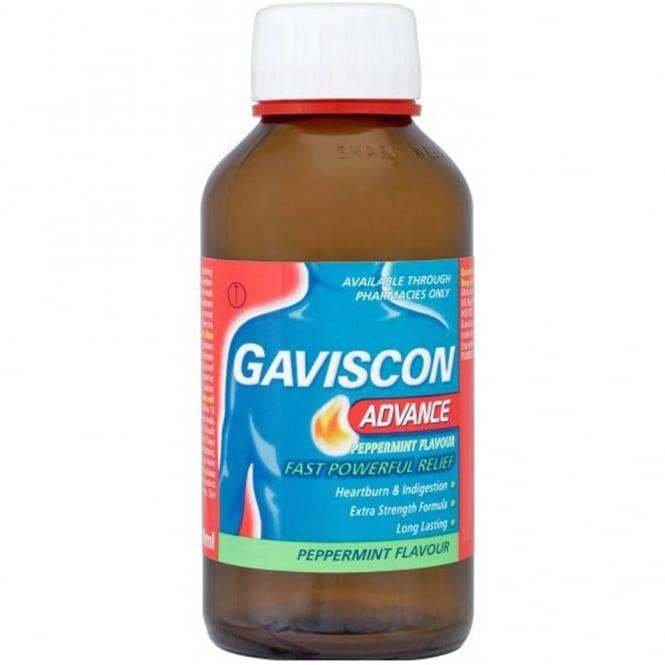
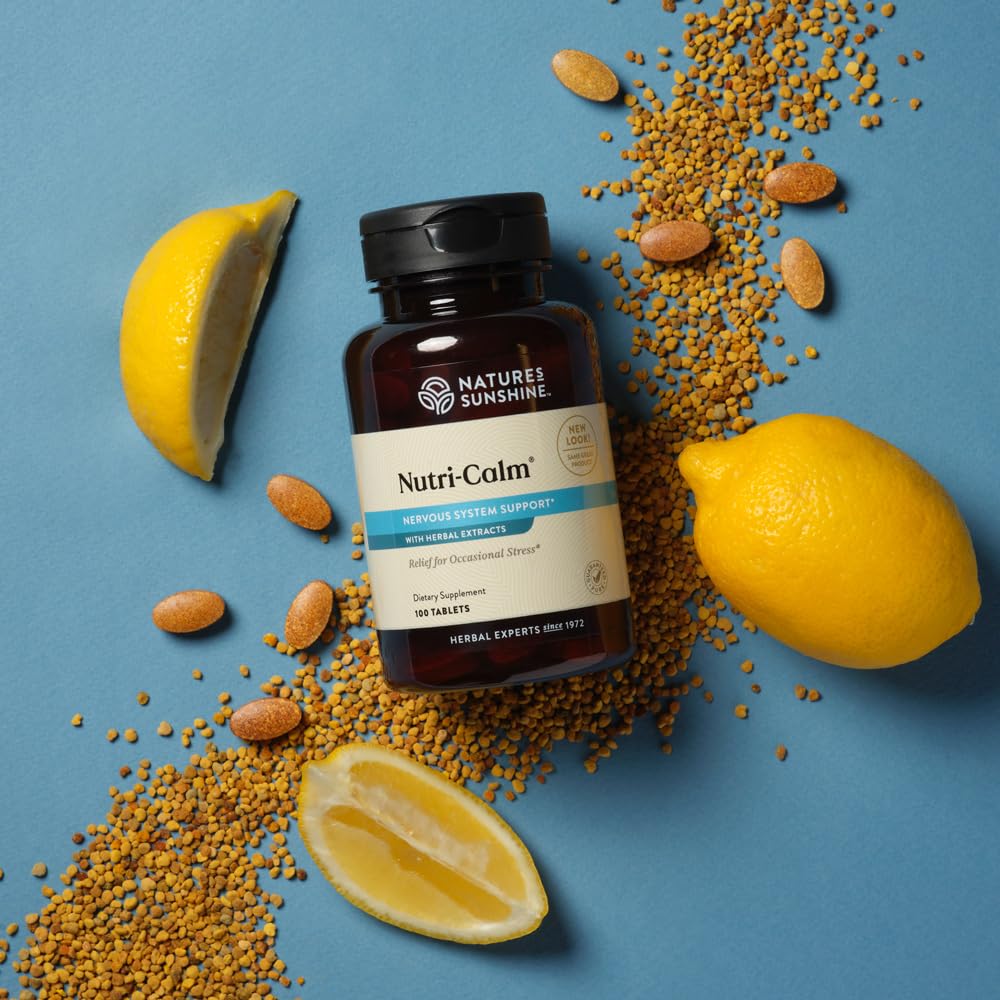
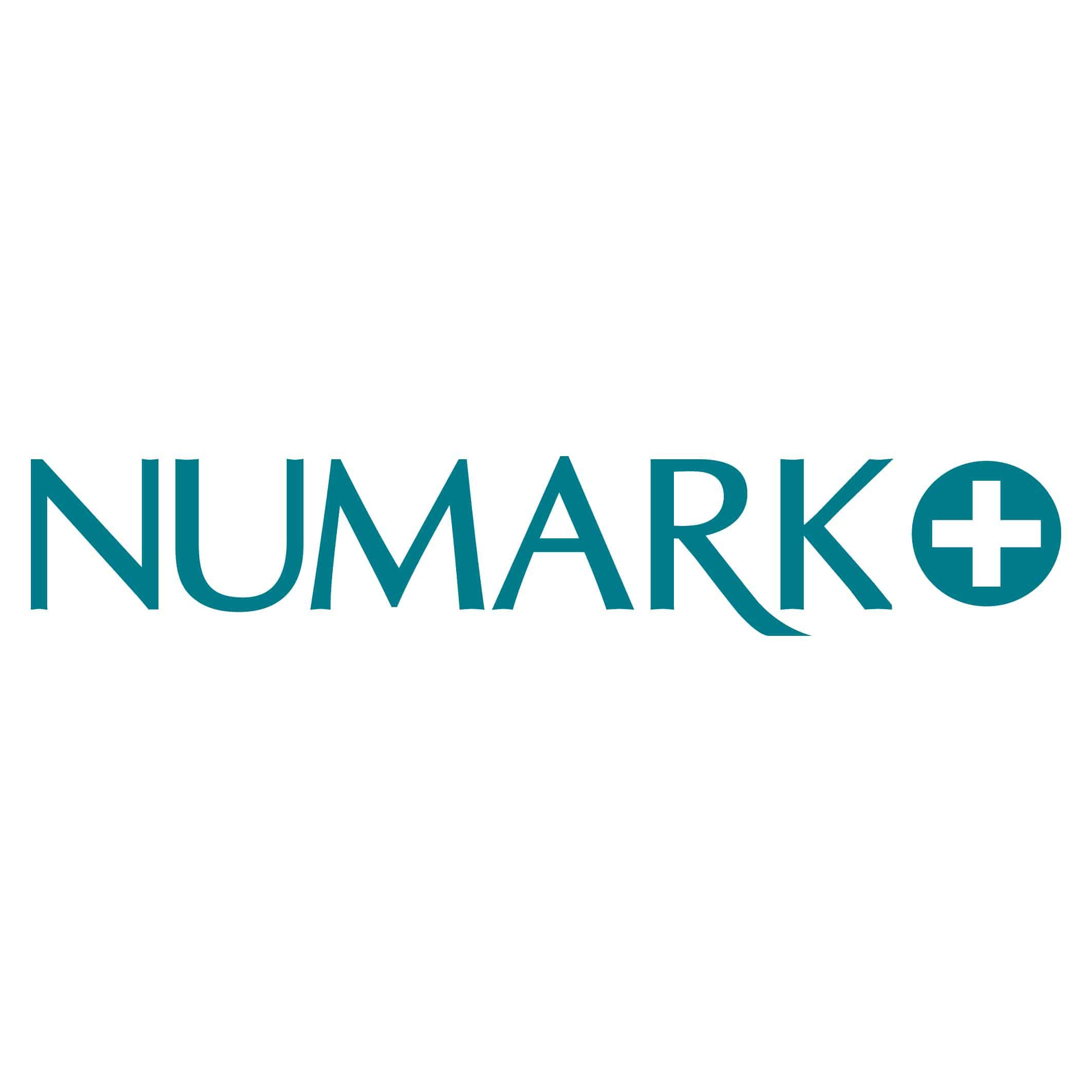
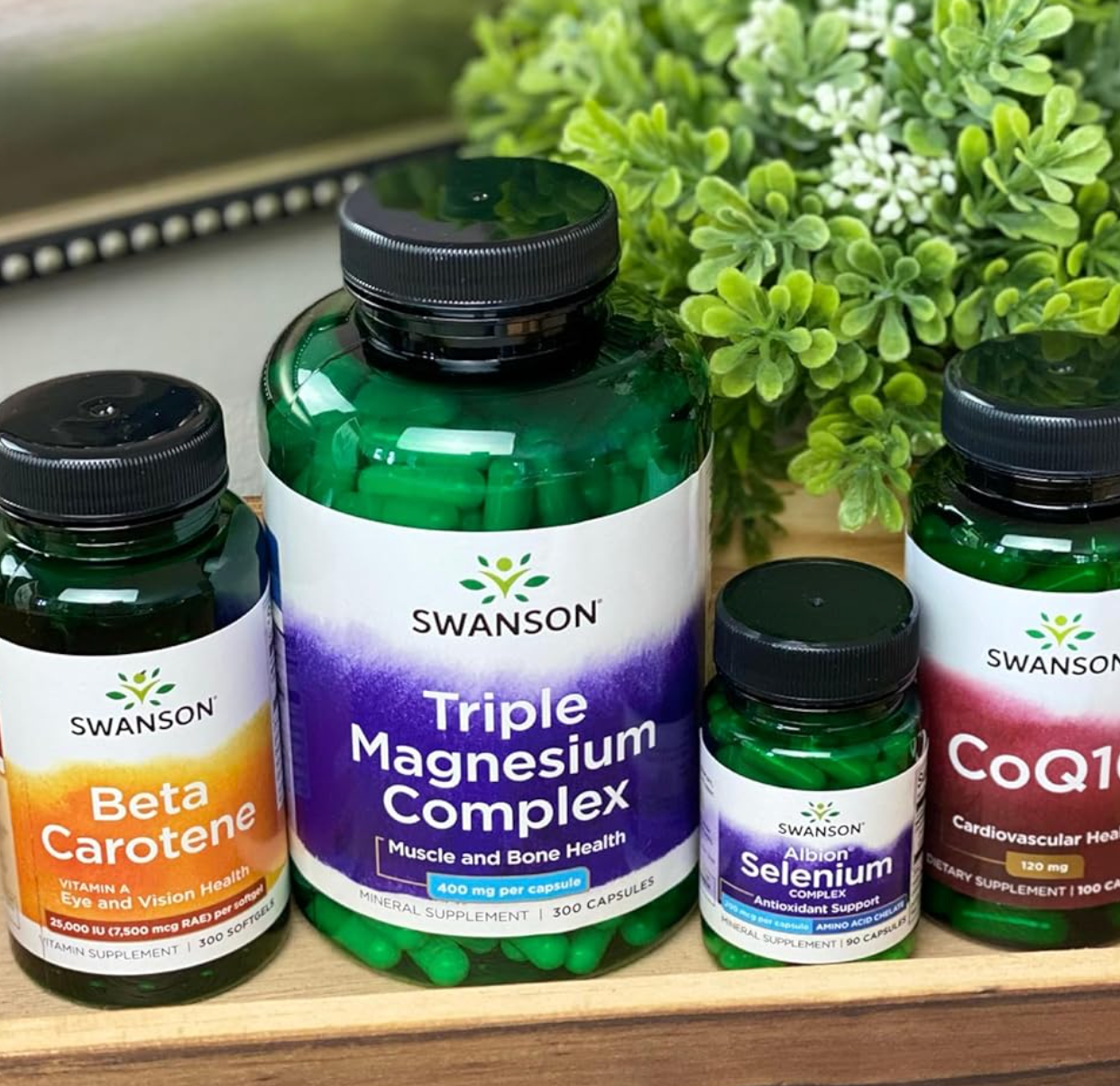
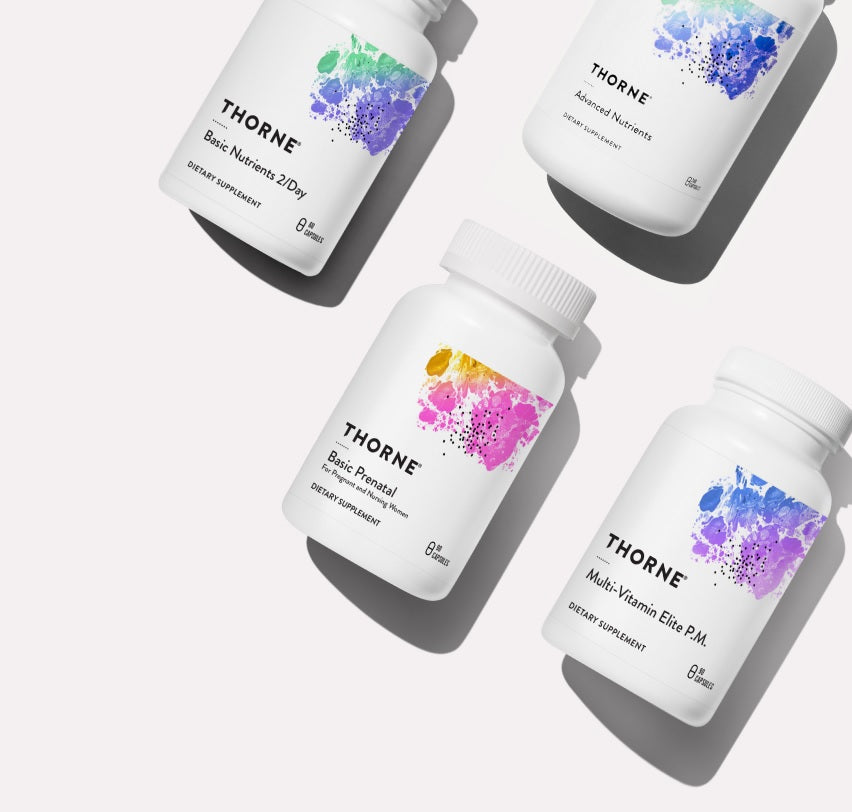
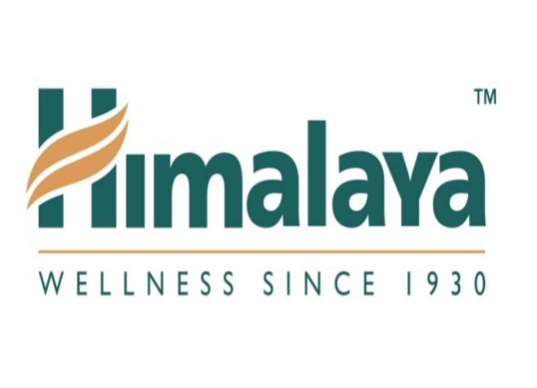











 Évalué Excellent par 26,523+ avis
Évalué Excellent par 26,523+ avis